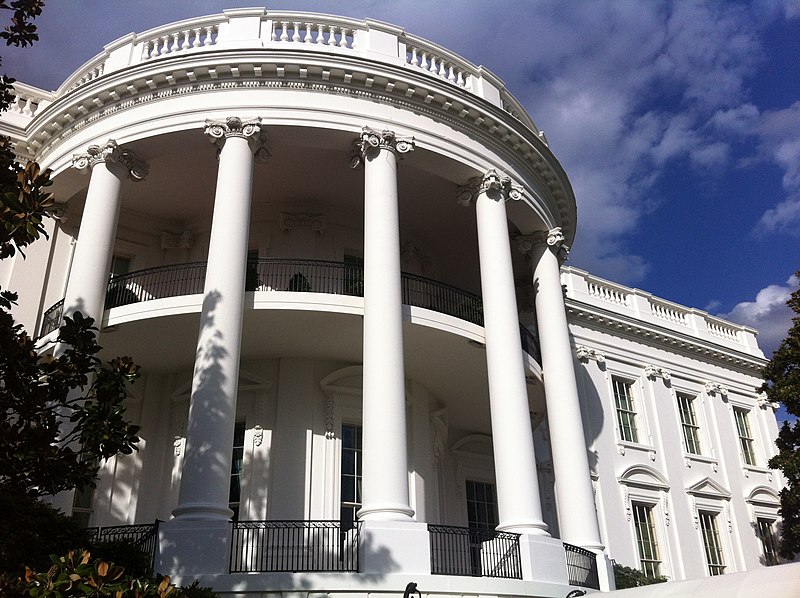- 14 3402-5578
- Rua Hygino Muzy Filho, 737, MARÍLIA - SP
- contato@latinoobservatory.org
 Foto: PLBechly
Foto: PLBechly
Earlier this month, three senators unveiled a bipartisan immigration deal with the White House that would give the president sweeping powers to crack down on illegal border crossings, including the authority to turn away migrants without allowing them to apply for asylum.
During months of negotiations, Republican Senator James Lankford, Democrat Chris Murphy and independent Kyrsten Sinema, along with senior Biden administration officials, worked on the deal. The main goal would be to reform U.S. border policy by restricting access to the asylum system during periods of increased illegal immigration. This would be achieved by making it more difficult for migrants to pass initial asylum exams and increasing deportations of those deemed ineligible for U.S. Asylum. However, the agreement would preserve asylum processing at official border crossings and allow migrants who pass asylum interviews to work legally in the United States.
A crucial element of the agreement was its relationship to military aid to Ukraine. Republican lawmakers have demanded restrictions on U.S. asylum law in exchange for supporting more military aid to Ukraine. If the deal were approved, it would represent the first major upgrade to the U.S. immigration system since the 1990s, marking a significant milestone in the development of the country's immigration policy, CBS News reported.
Initially, support for the legislation, which included a bipartisan agreement on border security, fell short due to Republican opposition. However, after a procedural vote on Thursday, the Senate moved forward to debate the foreign aid bill with a margin of votes in favor (67 votes in favor and 32 against), according to another CBS News report.
The supplemental funding package is intended to provide significant assistance to U.S. allies such as Ukraine and Israel, and its consideration comes months after the White House's initial request. There has been a dispute over the link between the foreign aid package and border security measures, with Republicans initially insisting on that connection. However, the party changed its position following former President Donald Trump's opposition to a border security deal reached by Senate negotiators.
The stalemate continued as some Republican members sought to add border security provisions back into the legislation. Even Senator Lindsey Graham, known for his support for aid to Ukraine, voted against advancing the foreign aid bill, expressing concerns about securing the southern border of the United States.
With the Senate approaching a planned recess, there was discussion about whether to remain in session to resolve the issue of foreign aid. Additional votes, including amendments, are expected before the measure is sent to the House of Representatives for consideration.
Senate Majority Leader Chuck Schumer emphasized the importance of the bill for national security and for helping America's allies. He has expressed determination to continue working on the bill through to completion and hopes to reach an agreement with Republicans on the necessary amendments, according to CBS News.
However, it remains uncertain whether the House
of Representatives will consider the foreign aid package, with House Speaker
Mike Johnson taking a cautious stance and awaiting developments in the Senate
before taking action.











